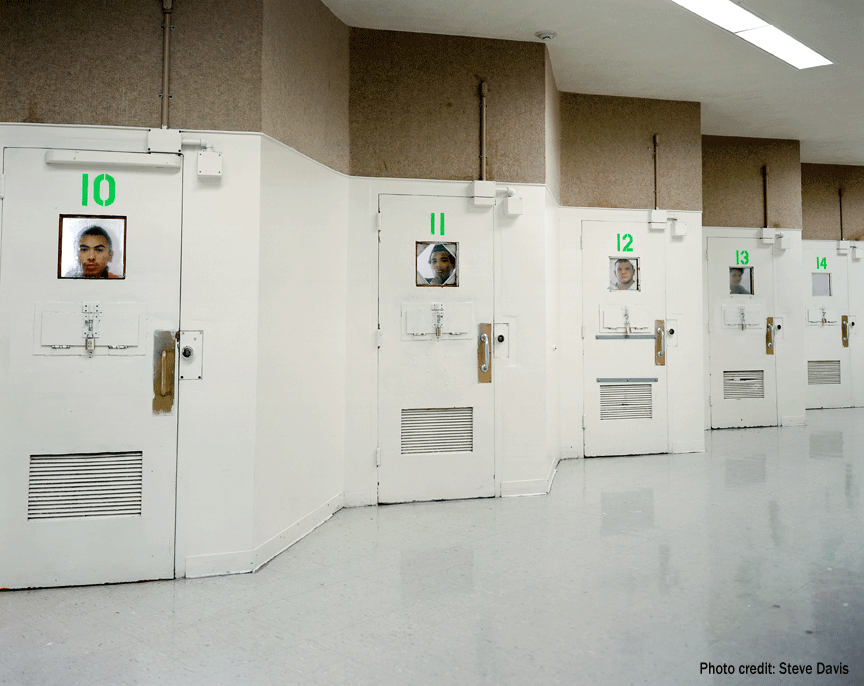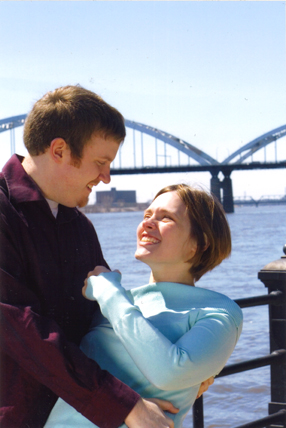(This post was originally published by Pete Brook, and has been shared with his approval. Read his insightful essay about Try Youth As Youth here.)
Currently on show at David Weinberg Photography in Chicago is Try Youth As Youth (Feb 13th — May 9th), an exhibition of photographs and video that bear witness to children locked in American prisons.
As the title would suggest, the exhibition has a stated political position — that no person under the aged of 18 should be tried as an adult in a U.S. court of law.
In the summer of 2014, selling works ceased to be David Weinberg Photography’s primary function. The gallery formally changed its mission and committed to shedding light on social justice.
Try Youth As Youth, curated by Meg Noe, was conceived of and put together in partnership with the American Civil Liberties Union of Illinois. Here’s art in a gallery not only reflecting society back at itself, but trying to shift its debate.
The issue is urgent. In the catalogue essay Using Science and Art to Reclaim Childhood in the Justice System, Diane Geraghty Professor of Law at Loyola University in Chicago notes:
Every state continues to permit youth under the age of 18 to be transferred to adult court for trial and sentencing. As a result, approximately 200,000 children annually are legally stripped of their childhood and assumed to be fully functional adults in the criminal justice system.
This has not always been the case in the U.S. It is only changes to law in the past few decades that have resulted in children facing abnormally long custodial sentences, Life Without Parole sentences and even (in some states) the death penalty. In the face of such dark forces, what else is art doing if it is not speaking truth to power and challenging systems that undermine democracy and our social contract?
Noe invited me to write some words for the Try Youth As Youth catalogue. Given Weinberg’s enlightened modus operandi, I was eager to contribute.
Here, republished in full is that essay. It’s populated with installation shots, photographs by Steve Davis, Steve Liss and Richard Ross, and video-stills by Tirtza Even.



